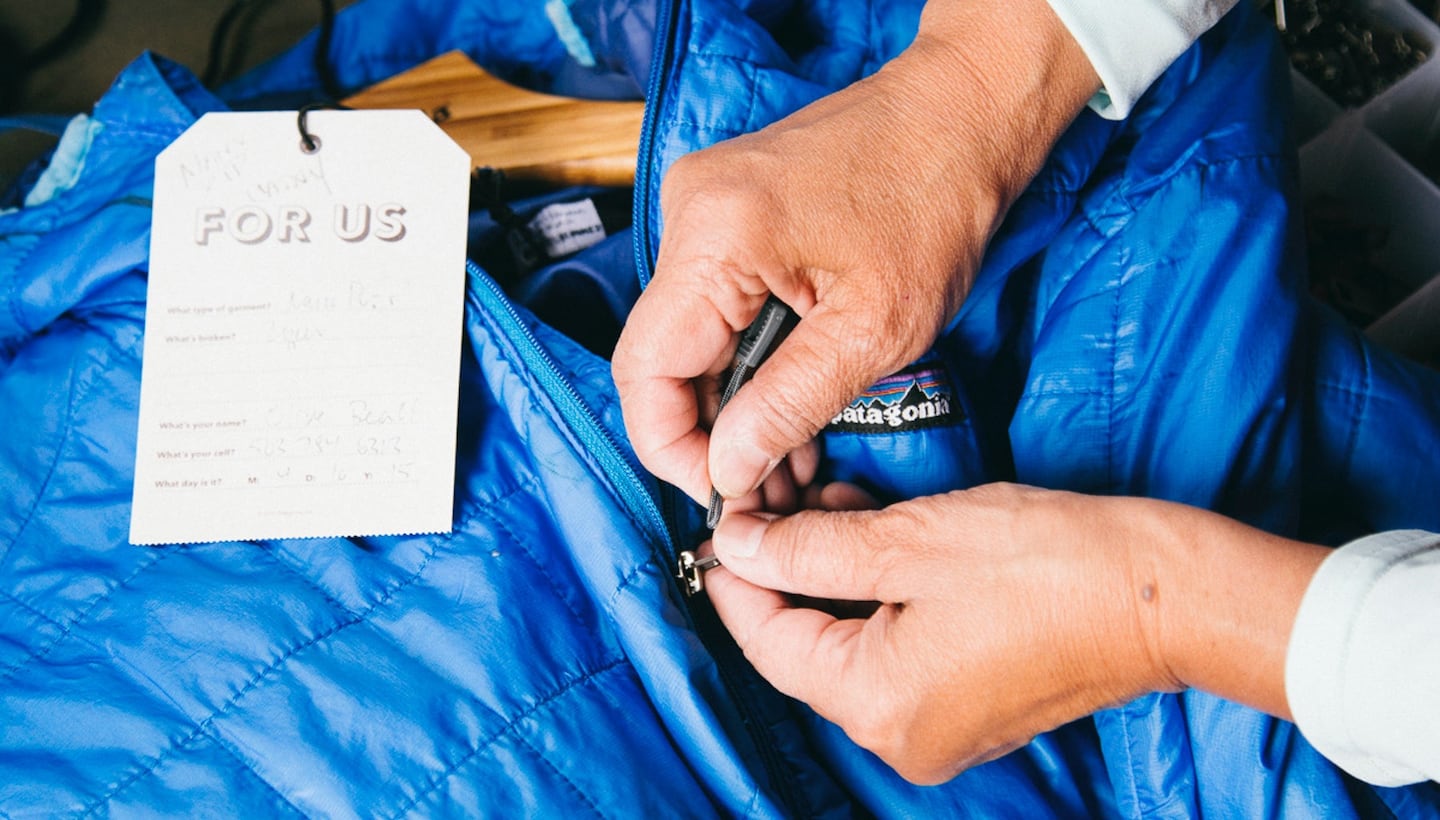
The Business of Fashion
Agenda-setting intelligence, analysis and advice for the global fashion community.

Agenda-setting intelligence, analysis and advice for the global fashion community.

Patagonia’s new owner is, the company says, Planet Earth.
In a move unheard of in the fashion industry, founder Yvon Chouinard has given away the entirety of his company’s shares, restructuring Patagonia’s ownership to ensure its profits are reinvested towards combating climate change. The news was first reported in The New York Times.
The move is a bid by the 83-year-old Chouinard to ensure the company continues to operate in line with responsible business practices regardless of whether he or his family remain involved. Under his ownership, the outdoorsy brand has built a business known as much for its corporate activism and anti-consumerist marketing as its popular fleece jackets, climbing gear and puffer vests.
Below, BoF unpacks Patagonia’s radical new ownership structure.
ADVERTISEMENT
Patagonia is now owned by two entities: Patagonia Purpose Trust and Holdfast Collective. The company itself remains a for-profit business.
The Patagonia Purpose Trust owns all of the company’s voting stock (2 percent of total company stock). It functions as a legal structure that will ensure the company upholds its commitments to environmental and social issues. The goal is to demonstrate that, even as a for-profit business, “capitalism can work for the planet,” the company said.
The Holdfast Collective owns the remaining 98 percent of company stock. It is a 501(c)(4) non-profit organisation, meaning it “must be operated exclusively to promote social welfare,” according to the US Internal Revenue Service (IRS).
Each year, profits that are not reinvested back into Patagonia — projected to be about $100 million annually, the company said — will be distributed as dividends to the Holdfast Collective to fund grassroots environmental organisations. Its tax code also provides scope for political lobbying.
Patagonia’s leadership structure remains unchanged, with chief executive Ryan Gellert continuing at its helm. The Chouinard family will keep their board seats, as will Gellert and other members. In restructuring the company, they have given away shares worth about $3 billion, according to The Times.
Chouinard is something of a reluctant billionaire, known for his scruffy presentation and relatively modest lifestyle even as his company recorded booming sales and profits. “I never wanted to be a businessman,” he said in an open letter published on the company’s website explaining the move.
“It’s been a half-century since we began our experiment in responsible business,” he added. “If we have any hope of a thriving planet — much less a thriving business — 50 years from now, it demands all of us doing all we can with the resources we have.”
Thriving or not, the business needed a succession plan.
ADVERTISEMENT
Over the last two years, Chouinard had tasked the company’s board with finding a new structure that ringfenced Patagonia’s values and “perpetually release[s] more funding to fight the environmental crisis,” said CEO Gellert in a statement.
The move to establish a trust and non-profit was chosen over a range of other options, after two years of searching for a model that ring-fenced Patagonia’s values and “perpetually release[d] more funding to fight the environmental crisis,” CEO Gellert said in a statement.
The options considered included turning the company itself into a non-profit or employee-owned cooperative, according to the Times. Other more conventional exit routes, like selling the company or going public, were also tabled as a way to release sizeable funds that could then be donated to environmental and social causes.
But Chouinard bristled at the prospect of relinquishing control to a governance structure that placed shareholders and profit-maximisation front-and-centre. “Even public companies with good intentions are under too much pressure to create short-term gain at the expense of long-term vitality and responsibility,” he wrote.
While Patagonia’s announcement is an unprecedented move for a fashion company, it’s questionable whether it’s a precedent even the most purpose-driven brands will be able to follow. For starters, few companies of Patagonia’s size remain owned by a single family, aligned in their values and not answerable to external investors.
The structure also represents a radical recasting of capitalism in service of protecting the planet, rather than enriching individuals. But the company still needs to prove that this is a model that can continue to sustain a balance between purpose and profit.
Editor's Note: This article was updated at 2.30pm BST on Sept. 15, 2022, to provide more detail about the company's new structure.
Vestiaire Collective is the latest in a growing roster of fashion companies that have spent months teasing out company policies and practices to qualify for the highly regarded sustainability certification. How can others do the same?
Ryan Gellert talks about how his #Resistance clothing company can continue the climate fight.
The Covid-19 pandemic has put financial pressure on businesses, threatening their sustainability agendas. But aligning profit and purpose, and fulfilling responsibilities to the planet and communities of people beyond shareholders may matter more than ever to long-term success.

Yola Mzizi is the Editorial Apprentice at The Business of Fashion (BoF). She is based in New York and provides operational support to the New York team and writes features for BoF and The Business of Beauty.
The industry needs to ditch its reliance on fossil-fuel-based materials like polyester in order to meet climate targets, according to a new report from Textile Exchange.
Cotton linked to environmental and human rights abuses in Brazil is leaking into the supply chains of major fashion brands, a new investigation has found, prompting Zara-owner Inditex to send a scathing rebuke to the industry’s biggest sustainable cotton certifier.
Over the last few years, the run-up to Earth Day has become a marketing frenzy. But a crackdown on greenwashing may be changing the way brands approach their communications strategies.
This week, Sephora announced plans to double down on ‘green’ and ‘clean’ product labels, leaning into an increasingly risky marketing tactic even as a greenwashing crackdown has prompted other brands to pull back.